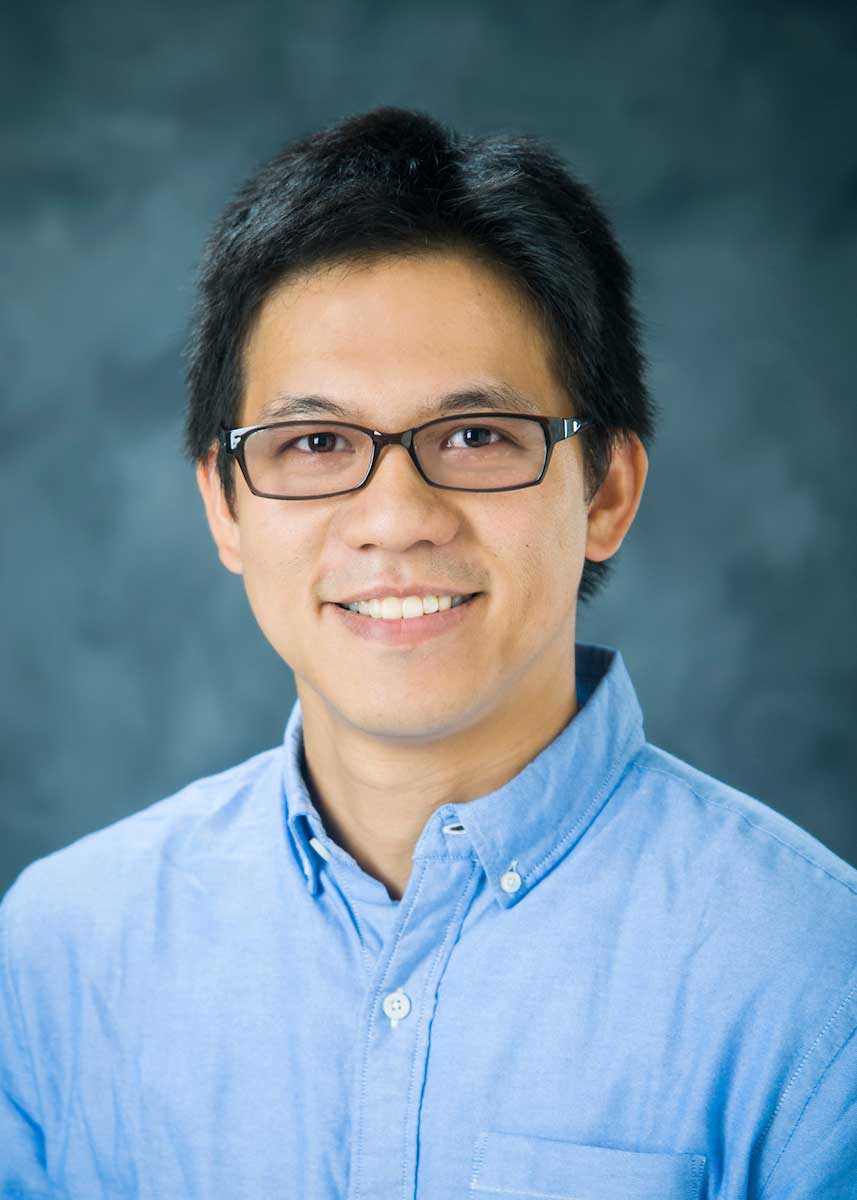
Authored by: Breana Norton, MSU Sport Administration student, class of 2021
(November 9, 2021), Starkville, MS -- Dr. Chih-Chia Chen, who goes by J.J., is working to change the stigma of special populations through adaptive physical activity. Dr. Chen’s work is focused on improving the quality of life for special populations in the state of Mississippi.
Adaptive physical activity focuses on using sport as an intervention to help special populations. His main research focuses on people with intellectual disabilities, particularly those with Down syndrome. Down syndrome is a condition also known as Trisomy 21. People with Down syndrome are born with a copy of chromosome 21, resulting in 47 chromosomes. Typically, people have 46 chromosomes.
Among the collegiate programs for students with disabilities, such as Mississippi State’s ACCESS program, most of them focus solely on a successful life after college and finding employment. Dr. Chen looked through the curriculums of these programs and found that they were missing a crucial piece - a physical education class.
“The main goal for students after graduation is to be included in our society,” Dr. Chen said. “And physical activity is a bridge that can help them learn.”
For Fall 2021, Dr. Chen teaches a physical education class for ACCESS students on Tuesday and Thursday mornings in the Sanderson Center. During this class, students participate in numerous physical activities, including soccer, basketball, and floor hockey. With a partner, individual students practice these sports looking to improve on their cognitive function, movement performance patterns, and emotions.
In Dr. Chen’s class, students are not just learning how to play different sports. Rather, they are unknowingly increasing brain activity, all while having fun.
“The most important thing we have found is that physical fitness can reduce their depression and anxiety,” Dr. Chen said. “Which means we make them happier.”
Brain activity can be measured through an EEG, or electroencephalogram. For example, a student practices throwing a ball. Each class period, they throw the ball more accurately and catch it more consistently than the last class. This repetition and improvement on this skill increases their brain activity, and therefore, enhances their cognitive performance.
Dr. Chen graduated from the National Tainan Teachers College in Tainan, Taiwan. His career goal was to become a teacher. He continued his education at the National Taiwan Normal University with a master’s degree in Physical Education, with an emphasis on Adapted Physical Education. During this time, his master’s advisor was doing similar research with adaptive physical activity, but with the effects of swimming on students with cerebral palsy. Through this study and her work, Dr. Chen decided to switch career paths and pursue a Ph.D., which he received from Arizona State University in 2013.
Outside of his class, Dr. Chen volunteers with the Special Olympics as a tennis coach and unified partner. According to the Special Olympics, a unified partner is a person without intellectual disabilities who trains and competes with a Special Olympics athlete. Through the ACCESS program, he is planning on helping with a sports club. Because his class time is limited, a club sport would bring his students and many more to practice sport outside of their class time. The annual StarkVegas Fútbol Jamboree is also an opportunity for the Starkville community to play soccer. ACCESS students have their own team for the tournament – the Unified Group.
“These experiences really gave me the idea that through sport, we can make people’s lives [better],” he said.
Success in his research is found in changing the way people think about healthy living as well as the way people think about special populations.
If you are interested in participating in research with Dr. Chen, email him at chih.chia.chen@msstate.edu. All departments and majors are welcome.